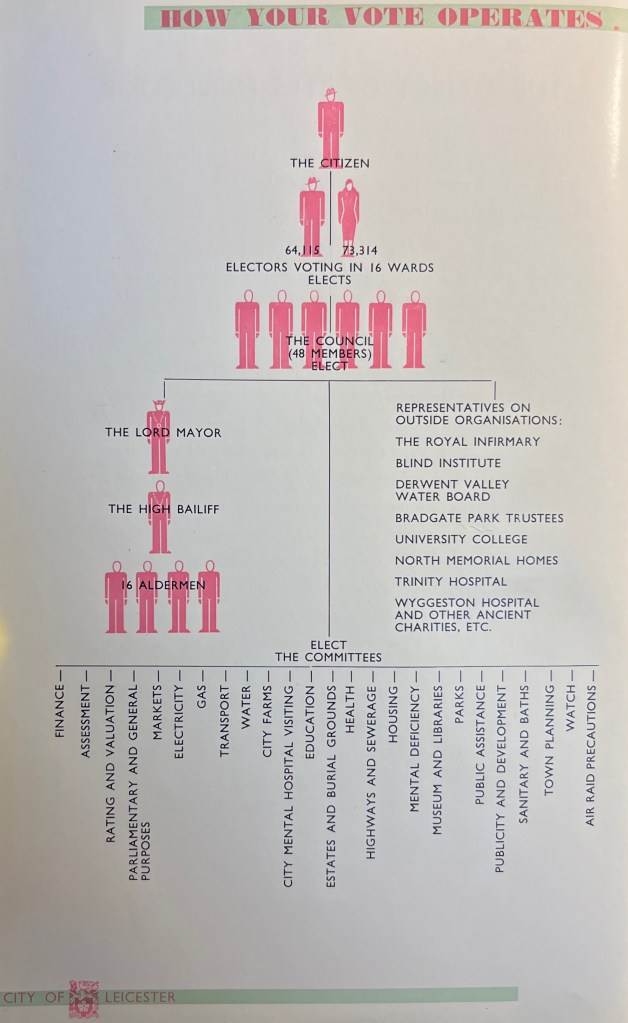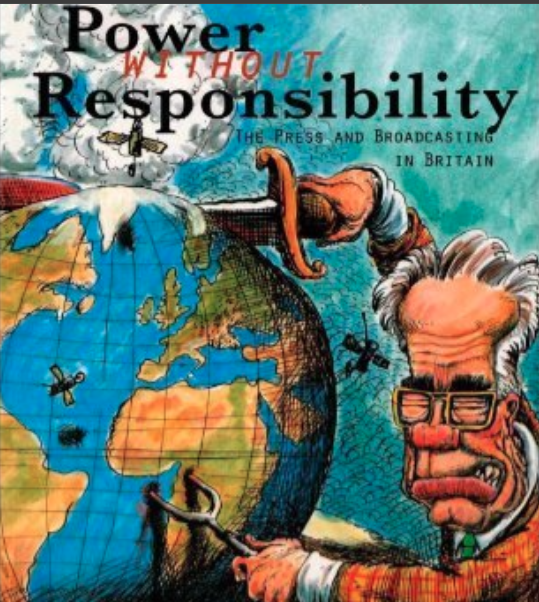How Central Government turned local government into the place where major local decisions are made, into an administrative arm of Whitehall.
Image – me at the Cambridge 105 studios off Gwydir Street by The Alex Pub
You can listen to the Cambridge 105 Election Panel of 28 April 2024 here
Scroll through to 36 minutes in and you’ll hear Trevor Dann, the host putting the questions to the candidates, exasperated at some of the responses.
Above – from Cambridge 105 earlier
I’ll leave you to judge the individual responses from each of the candidates, but the political history since the Second World War is *really important* in the framing of this issue.
A reminder: Parliament is Sovereign.
It can legislate for whatever it likes within the UK. And that includes what local councils can and cannot do. In other countries, tiers of local and regional government *are protected by a codified constitution* – eg the USA and Germany. This means that central/federal government is legally/constitutionally barred from getting involved in issues that are the competence of lower tiers of the state.
Parliament legislated for ministers to have powers to create development corporations – powers that Michael Gove proposes using to create the Cambridge Development Corporation.

Above – my most recent article on this is here
What’s the point in standing for election to local government if a minister can rock up without notice and stomp all over your carefully-prepared, evidence-based planning? You only have to reflect on the comments made by former councillor Sam Davies MBE when she resigned from Cambridge City Council.
How one ‘unitary’ council – Leicester City Council functioned in 1939 vs Cambridge City Council today
Have a browse through Civic Affairs by Leicester City Council in 1939, and look at the different public services it was responsible for.

Above – Leicester City Council (1939) and the lines of accountability
- Markets
- Electricity
- Gas
- Transport
- Water
- City Farms
- Mental Health
- Education
- Estates/Parks and burial grounds
- Health
- Highways and Sewage
- Housing
- Museums and Libraries
- Publicity
- Sanitation and swimming pools
- Town Planning
- Air Raid Precautions/Civil Contingencies Planning
Of the issues listed, the ones in bold have been taken out of the direct control of local government.
In the case of the public utilities, they were regionalised in the 1960s, and then privatised in the 1980s. Hence many of them are in the hands of multinational corporations or investment funds/asset strippers. (See Thames Water).
Other functions were centralised – the Highways Agency, Health, and Education being examples of reporting to Whitehall (DfT, Department of Health & Social Care, & Department of Education re academies).
Finally, a host of services were contracted out to the private sector in the 1980s when ministers tabled, and Parliament enacted the Local Government Act 1988.
“An Act to secure that local and other public authorities undertake certain activities only if they can do so competitively; to regulate certain functions of local and other public authorities in connection with public supply or works contracts;”
Above – the introductory text to the LGA 1988
Limiting spending and taxation by local councils.
The Rates Act 1984 was a very controversial piece of legislation that enabled ministers to restrict the tax rises imposed by local councils on residents.
“An Act to enable the Secretary of State to limit the rates made and precepts issued by local authorities; to require local authorities to consult representatives of industrial and commercial ratepayers before reaching decisions on expenditure and the means of financing it;”
Above – preamble to the Rates Act 1984
Now compare that with the range of taxes that local councils can issue compared with other comparator countries – this from Jack Shaw.

Above – from @JackTShaw
The capping system was amended by the Coalition enabling ministers to set a limit as normal, but requiring councils to go out to a local referendum if they wanted to increase council taxes beyond that limit.
Given the regressive nature of council tax – i.e. it hits those on lower incomes disproportionately as a percentage of their incomes vs the wealthy/highly remunerated, (Rich!) no electorate is going to vote for an increase to such a tax. Ministers consistently refuse to entertain the prospect of councils being given powers to raise revenues from wider bases. Hence we’re left with the broken model of competitive handouts from ministers in the role of ‘Lady Bountiful’ – as the Levelling Up grants have been.
As a result, the role of the local councillor has become much more limited – and much less satisfying for all concerned
As the then leader of one London Borough told me in 2007, being a council leader is the opposite of being a media mogul: you have all of the responsibilities but without the power to deal with them.

Above – the front cover of one of several versions of ‘Power without Responsibility’
What did the candidates say in response?
Again, have a listen to the podcast from around 36mins in. Zachary Marsh (Cons) said that the description may have applied to his opponents but not to himself. While he came across perhaps as the most energised of the speakers on the radio/podcast, the challenge he has is explaining why his political party in government legislated to bring in so many of the restrictions that tie up local government. The challenge his opponents have – especially for Labour, is to explain what a future Labour Government will do to remove some of those restrictions – and if not, why not.
Either way, at some stage the structures and systems by which Cambridge is governed will have to change. Furthermore, it cannot be done in isolation from the surrounding South Cambridgeshire District, and also the towns across the county boundaries. Above – the old Cambridge Economic Sub-Region.

Above – the Cambridge Economic Sub-Region from Cambridge 2030
The Cambridge 2030 vision document published in the early 2010s is here

Above – how are we looking with six years and counting down?
One for a future blogpost.
If you are interested in the longer term future of Cambridge, and on what happens at the local democracy meetings where decisions are made, feel free to:
- Follow me on Twitter
- Like my Facebook page
- Consider a small donation to help fund my continued research and reporting on local democracy in and around Cambridge.
Interested in campaigning for a unitary council? See https://www.cambsunitaries.org.uk/ (of which I am a member)

